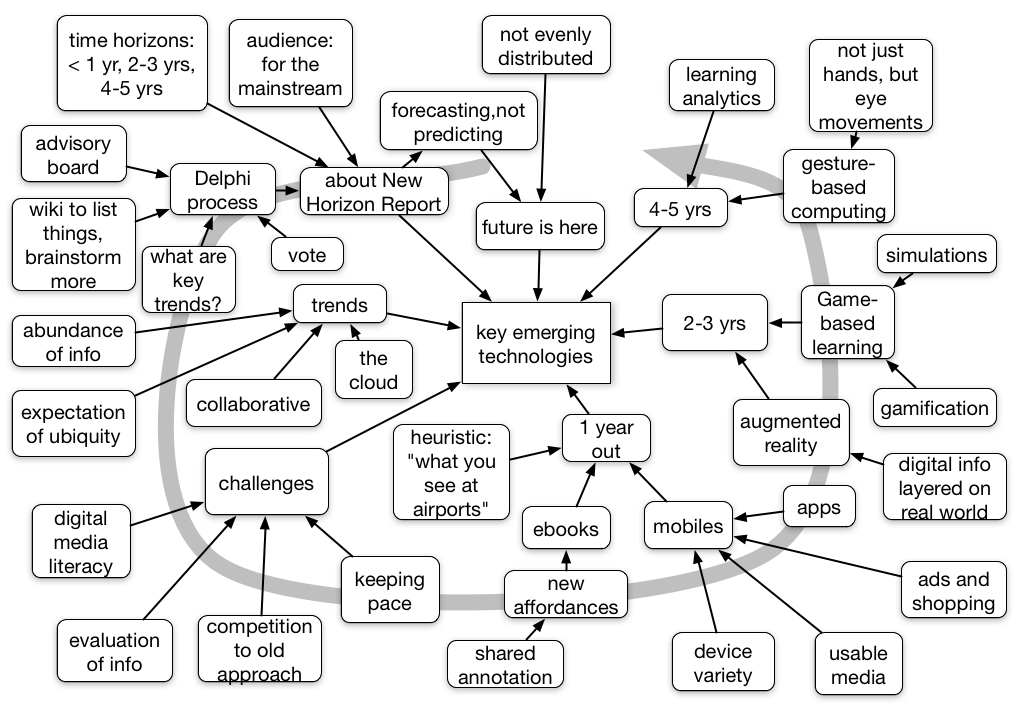A post I wrote for the ATC conference:
As I prepare to talk to the Australasian Talent Conference I’ve naturally been thinking about the intersection of that field and what I do. As I recently blogged, I think there’s an overlap between OD and the work of trying to facilitate organizational performance through technology. I think Talent Management similarly has an overlap.
While technology is used in talent management, it really is more focused on the management part, supporting the role of HR in recruitment, competencies, and more. Which is good, but now there’s more on the table. We now have the benefits of Web 2.0 to leverage. To understand how, it helps to look at the charateristics of Web 2.0. Brent Schlenker talks about the 5-ables:
- findable – the ability to use search to find things
- feedable – the ability to subscribe to content
- linkable – the ability to point to content
- taggable – allowing other to add descriptors
- editable – allowing others to add content
At core, this is about leveraging the power of the network to get improved outcomes. When others can add value, they do. We have seen that in learning and development, and the drivers there are not unique to the area.
Things are moving faster, and information is increasing. Worse, that information is more volatile, as well. As if that weren’t enough, competition is increasing. The luxury to plan, prepare, and execute is increasingly a thing of the past. As a consequence, optimal execution is only the cost of entry, and continual innovation is the necessary differentiator.
As a result, the old top-down mentality is no longer a solution, one person can not do all the necessary thinking for a team. Instead, forward-thinking organizations are finding the solution in empowering their people to work together to come up with the necessary solutions. They are devolving problem-solving, research, design, innovation further down in the organization, and realizing real results from the process. Instead of having to own all the content, learning units are instead facilitating the development of answers from among the stakeholders.
Note that by doing so, organizations are also making work more meaningful and consequently more rewarding. As Dan Pink’s Drive demonstrates, individuals are more motivated by the opportunity to engage than by artificial rewards. And these results are not unique to high-tech, but being seen in organizations engaged in manufacturing, medicine, and more.
This revolution can, and should, be seen in talent management as well. Throughout the lifecycle of talent, the network can add value. Beyond recruiting, networks can be used for talent evaluation, and then within the organization for onboarding, development, performance management, and even debriefing and alumni activities.
The point is to think about how to tap into the power of people. And even when you are now hiring people, you are not just hiring what is in their heads, but what’s also in their networks. Similarly, they are choosing organizations on how well they use networks. As the Cuetrain Manifesto documented, an organization can no longer control the message. If an organization is inauthentic externally, it is a safe bet that it is similarly dysfunctional internally.
Social media is much more than just marketing, it’s a tool to take advantage of for many reasons. More meaningful work, better outcomes, and a better connection to the market are just the top level benefits. Social, it’s not just for parties any more.
